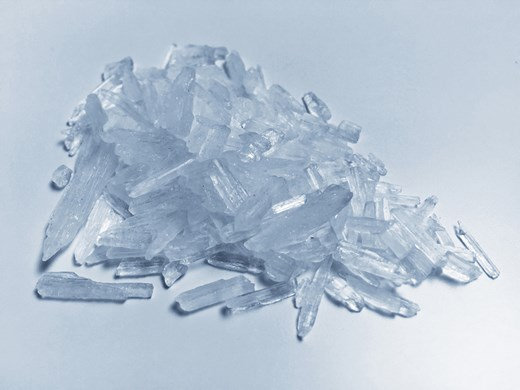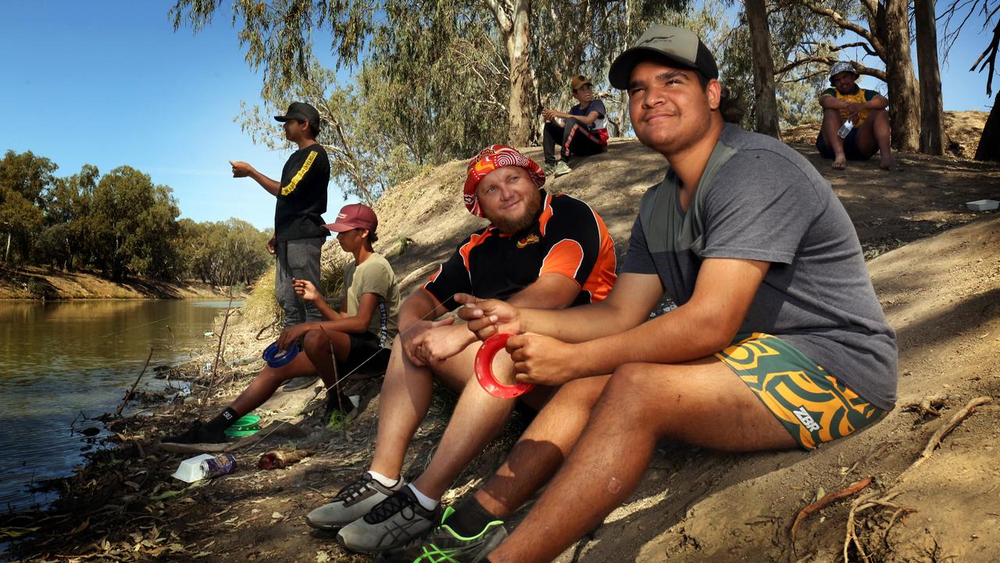Access to extra rehabilitation for a region with highest rates of violent crime
Luke Williams
06 May 2024, 9:20 PM
 Better access to health supports a glimmer of hope for those on remand. IMAGE: ABC
Better access to health supports a glimmer of hope for those on remand. IMAGE: ABCPeople on remand in NSW prisons will have greater access to rehabilitation and treatment for drug use following a major expansion of health intervention programs by the Justice Health and Forensic Mental Health Network (Justice Health NSW).
A person on remand has been charged with a criminal offence but refused bail, so stays in custody ‘on remand’ until the matter is heard and determined.
The announcement from Justice Health NSW comes after the controversial youth bail tightening laws were passed by NSW parliament last month with conditional support from Member for Barwon Roy Butler who has said that too often young people charged with offences go onto commit the same or similar offences multiple times after continually being granted bail.
The new laws include a temporary additional bail test for young people between fourteen and eighteen charged with committing certain serious break and enter offences or motor vehicle theft offences while on bail for similar offences.
BOCSAR executive director Jackie Fitzgerald said “A longstanding feature of crime in NSW is that regional communities tend to experience higher rates of crime than in the city.”
The most recent Bureau of Crime Statistics and Research (BOCSAR) shows the rate of property crime was about 60 per cent higher in the regions compared to the city, while for violent crime it was 57 per cent higher.
The Far West and Orana regions were the worst hit, with property and violent crime double the state average.

'Ice' or Methamphetamine. Image: positivechoices.org.au
Meanwhile Amnesty Indigenous Rights campaigner Kacey Teerman has argued that “Crime rates in regional NSW are higher than those in metro areas precisely because Regional NSW lacks access to many necessary services, particularly diversionary programs that the government knows reduces crime and have better outcomes for everyone.”
Ms Teerman has heaped praised on Bourke for “showing that diversionary initiatives see young people turn their lives around and remain out of the criminal justice system”.

Kacey Teerman. Image: Amnesty International.
The NSW Government’s new laws - which include a $13.4 million for a pilot crime reduction program in Moree - also feature a new ‘post and boast’ offence targets performance crime – where offenders post footage of their law-breaking online – in connection with car crime and break and enter offences.
NSW Attorney-General Michael Daly has said “These changes are the first part of this government’s significant and multifaceted response to regional crime.”

Allan Kelly and James Moore from Bourke at the Darling River. Both have been involved a cultural re-engagement program to keep indigenous youth in school. Image: The Australian.
Now the government has announced “an expansion that will see direct, one-on-one health interventions offered to people entering custody who are experiencing drug related harm supporting them to manage their health and make healthier decisions”.
Justice Health NSW Chief Executive Wendy Hoey said people entering custody were in real need of health care.
“The reality is many people entering custody are in a vulnerable position and are impacted by or recovering from recent drug use,” Ms Hoey said.
“Until now, there has been limited health programs to complement prison addiction programs available to the remand population.
"Introducing these health interventions to people on remand will see them receive the health care they need, at the time they need it most.”



